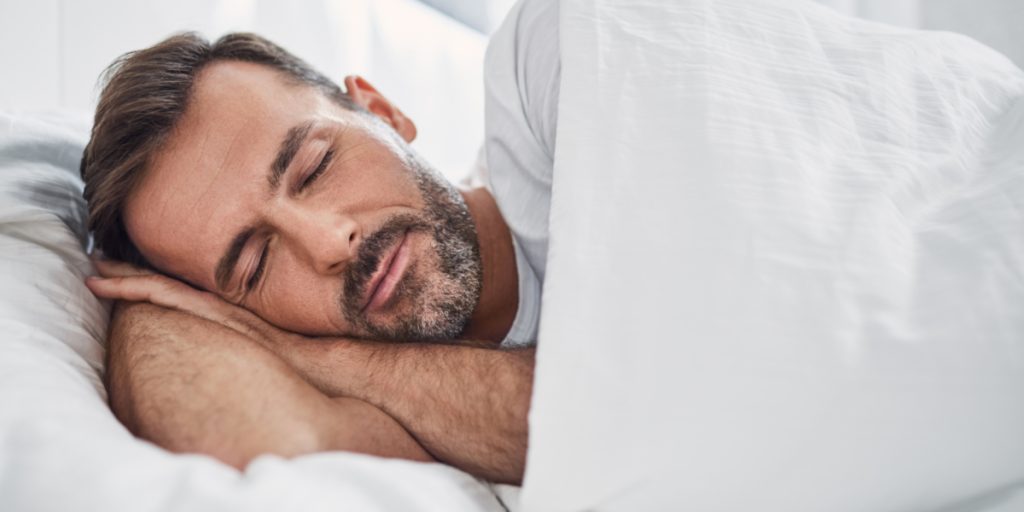Waking Up Tired Despite 7-8 Hours of Sleep?
Others are reading now
Do you sleep for 7 to 8 hours and still wake up feeling more exhausted than before? Dr. Raj Dasgupta, a professor at the Keck School of Medicine at the University of Southern California, suggests evaluating your sleep by asking two questions: “Is the sleep duration adequate?” and “Is the sleep quality good?”
However, there are other factors that can affect sleep quality, reports CNN.
-
Fatigue: Numerous conditions can cause fatigue without necessarily making people feel sleepy, says Jennifer Martin, a professor of medicine at David Geffen School of Medicine at the University of California, Los Angeles, and president of the American Academy of Sleep Medicine. Conditions like chronic pain, metabolic or thyroid disorders, anemia, and chronic obstructive pulmonary disease could be culprits. If you experience unexplained fatigue, Martin suggests a routine physical examination by your family doctor.
-
Sedentary Lifestyle: Being sedentary can accustom your body to low energy levels, making you feel more tired during basic daily activities, Martin explains. The World Health Organization recommends at least 150 minutes of moderate to intense physical activity per week for adults.
Also read
-
Anxiety or Depression: These conditions can affect the time it takes to fall asleep and the frequency of waking up during the night, according to Dasgupta. Medications for these conditions can also cause side effects like insomnia or prevent deeper sleep stages.
-
Irregular Sleep Schedule: Fluctuating sleep schedules, especially on weekends compared to weekdays, can negatively impact your sleep, says Christopher Barnes, a professor of management at the University of Washington who studies the relationship between sleep and work.
-
Dehydration: Over 50% of your body is water, necessary for various functions including digestion and circulation of oxygen. Dehydration can lead to decreased alertness and increased drowsiness and fatigue.
-
Unfavorable Environment: For restful sleep, it’s important to have a dark, quiet room with a cool temperature. Avoid caffeine less than six hours before bed and limit alcohol and heavy or spicy foods at least two hours before sleeping.
-
Sleep Partner Issues: Your bed partner or pet can significantly affect your sleep, especially if they have a sleep disorder or different sleep schedule.
-
Sleep Disorders: Conditions like sleep apnea, narcolepsy, and restless legs syndrome can dramatically reduce sleep quality. Tracking sleep quality and quantity through a specialist or wearable devices can be beneficial.
Dr. Raj Dasgupta, Jennifer Martin, and Christopher Barnes emphasize the importance of addressing these factors to improve sleep quality and overall well-being.


